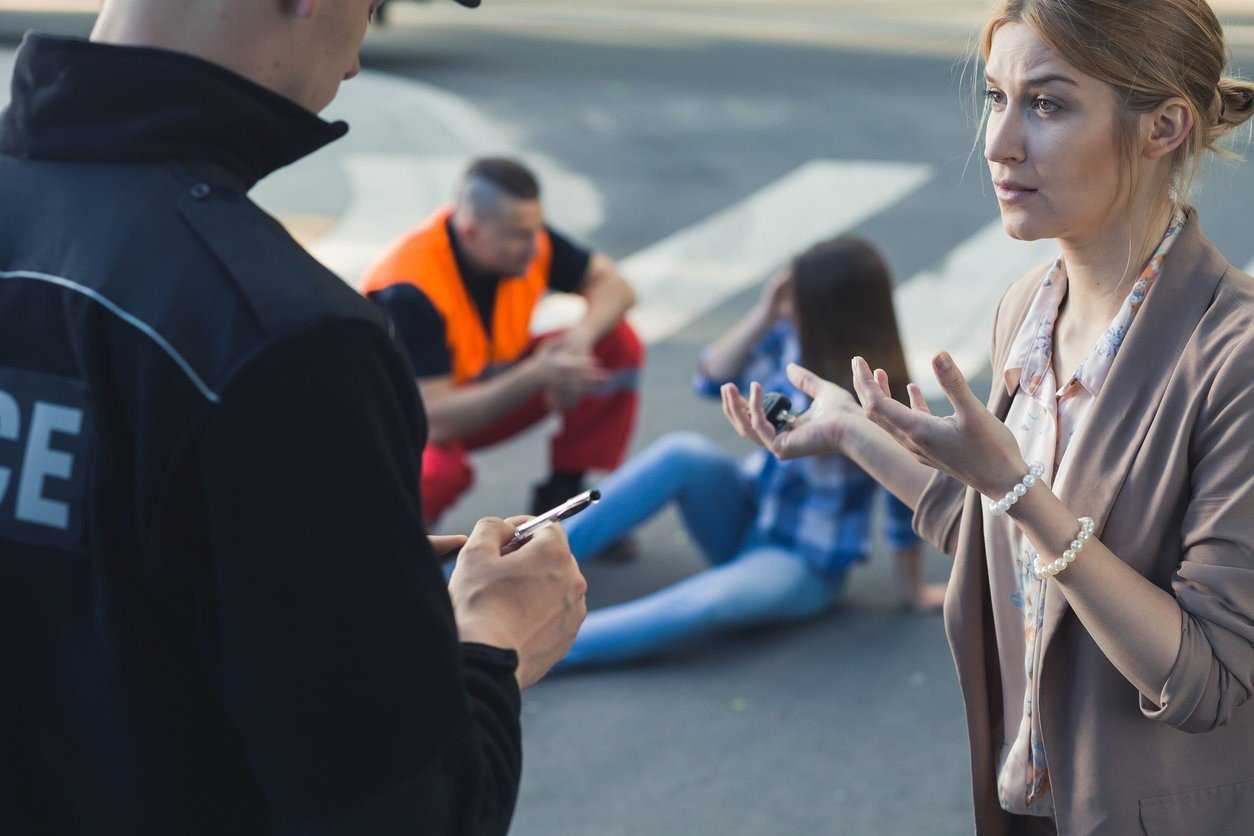BY: BRITTNEY CHANNER
Through the recent history of crime, there has been a culture of remaining silent when a criminal offence or serious occurrence has taken place. This popular phenomenon is referred to as “snitching”. Snitching is a colloquial term often used among youth to define what is considered as a pre-meditated choice to assist or provide evidence to police or criminal authoritative figures to aide them in solving a case. The culture of “not snitching” has overwhelmingly been a contributing factor towards many of the unsolved crimes that have occurred and has made it quite difficult for some of these cases to be solved and subsequently have the primary suspects apprehended.
For many individuals, the idea of snitching or cooperating with police when a crime does occur seems daunting. However, I would like to pose some possible questions, “have you or those around you stopped to question why this culture of remaining silent continues to exist? Have you speculated about the contributing factors that would prevent someone from speaking to authorities regarding crime? To those on the outside looking in, it may seem preposterous as to why members of a community may not cooperate with police investigations, but as someone who has experience with living in a neighbourhood that has been plagued by the occurrence of violence, I believe the decision to keep quiet can stem from many other factors other than fear itself.
- Survival. People who live in areas where there is a considerable amount of violence may choose not to get involved solely due to fear and a perceived hope to survive. The concept of talking to a criminal investigator or the police about a crime may seem simple to others, but in reality, for many people who currently experience this it is not. Once residents/individuals consider speaking to police about a crime, they become scared and their will to survive becomes threatened.
In addition, in some communities, those who are responsible for committing a majority of the crimes continue to reside there making it easy for them to negatively influence others around them and use intimidation as a tactic in getting others around to remain silent. The thought process for many people who have to deal with situations like this is strictly pointed to survival and if speaking up about a crime jeopardizes it; to them, not speaking may seem like the better option.
- Media. Another main reason why many people experience feelings of hesitancy when considering the idea of speaking to police about a crime in the community stems from the many ways it is reported through various media outlets. When a crime takes place, within a matter of hours, vans and cameras from many different news outlets appear with aggressive reporters, trying to get full details about what has transpired.
As someone who has lived in communities such as these, I have seen people speak to reporters with the hope that their true words are accurately represented once presented on television, only to find that their words are misconstrued and misrepresented making the overall situation worse.
According to Nathan Bay, local Toronto hip-hop artist and activist within the Jane and Finch community he affirms how particular media outlets only come around to focus on the negative attributes of the community instead of the positive attributes, which further contribute to the decision as to why people choose not to cooperate when it comes to police investigations. Due to this, many individuals see the media as part of the problem and choose not to engage or converse with them in reference to crimes.
Analyzing the many reasons as to why people choose not to speak out when a crime takes place is essential to understanding the magnitude of violence within the city. Providing a sense of security for those who do want to come forward with information about a criminal act may be a good starting point. However, it alone is not enough to stop violent acts from happening. In order to better the overall situation, people within the community have to be clear about stopping the violence and preventing it.
Many forms of media outlets have to be genuine, passionate and authentic about the people whose lives are affected by violence and equally contribute to solving the issue, not just reporting it. Also, more people have to get involved instead of turning a blind eye which does require much courage and an absence of fear, however, coming together as one equal unit can create the change that we all crave deeply.

